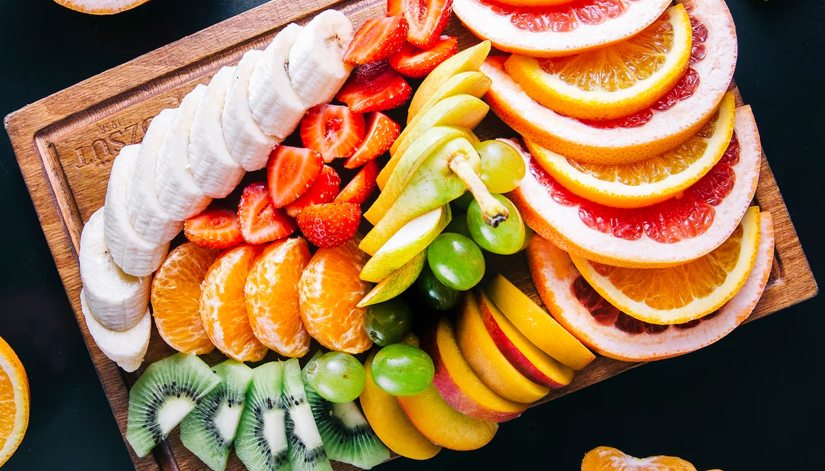Sunny summers have arrived, and the markets are bustling with fresh vegetables and fruits. Fresh vegetables undoubtedly offer a wonderful resource for healthy eating and weight loss. However, when it comes to fruits, the story is different when you’re on a keto diet.
Fruits: Yay or Nay?
There’s no denying that fruits are healthy, juicy, and refreshing, but they also contain sugar in the form of natural sweetener fructose. However, this doesn’t pose a significant issue on any type of diet. In fact, fruits are beneficial and nutritious in several ways. They are rich in carbs, fiber, and nutrients, making you feel full.
But what if you’re following a low-carb, high-fat keto diet? Sugar and starches found in fruits are high in carbohydrates. When you strictly limit carbs to about 20-50 grams per day on the keto diet, all foods, including fruits, are highly restricted. In ketosis, fruit becomes the biggest enemy, as they contain hidden carbs that can derail your diet plans.
Almost all fruits have generous amounts of natural sugar, resulting in high carbohydrate content. Therefore, it’s crucial to carefully select and control the quantity of fruits when following a keto diet.
Keto-Friendly Fruits:
While fruits are healthy and nutritious, their carb and fiber content can vary significantly. Not all fruits are created equally. Sweetened fruits have higher sugar content, leading to a higher carb value compared to less sweetened fruits. Here’s a list of fruits to consider when on a keto diet:
Star fruit: This sweet and tangy star-shaped fruit is low in carbs, making it an ideal choice for the keto diet. It’s also rich in vitamin C, potassium, and magnesium.
Berries: Berries are a top choice for keto diet enthusiasts. They are low in carbohydrates and offer additional wellness and health benefits. Loaded with vitamins C and K, manganese, and antioxidants, they also improve heart health by reducing cholesterol levels.
Melon: On a hot sunny day, a bowl of watermelon and cantaloupe is not only hydrating and refreshing but also low in calories. Watermelon is particularly rich in lycopene, an antioxidant compound.
Plums: While not an ideal choice for keto, a moderate-sized plum provides around 7 ½ grams of carbs, along with juice and minerals like potassium and phosphorus.
Avocados: High in healthy fats, especially monounsaturated fatty acids, avocados have always been included in ketogenic diets. They also lower the risk of heart disease and high blood pressure.
Tomatoes: Although commonly considered vegetables, tomatoes are technically fruits. Unlike other fruits, they are low in sugar and carbs, making them an excellent choice for keto dieters.
Lemons: Citrus fruits, including lemons, are rich sources of keto-friendly vitamin C. Enjoying refreshing lemon water helps keep you hydrated and aids digestion. However, be cautious of artificial sweeteners as they can increase the carb content.
Bottom Line:
When on the keto diet, be cautious about fruit consumption. Consider it a small adjustment or sacrifice in exchange for weight loss, controlled blood sugar levels, improved health, and more.

